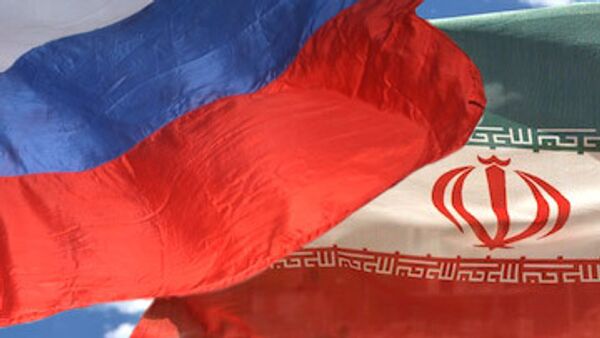(Vladimir Sazhin, senior fellow of the Institute of Oriental Studies at the Russian Academy of Sciences, speaks with a RIA Novosti correspondent about the talks on Iran's nuclear programme).
"I think that Russia has adjusted its position on Iran's nuclear programme for two reasons - Iran's conduct at this point and change in the U.S. stance after Barack Obama came to power. I would like to emphasize that the Six have never had any discord on Iran as far as strategy is concerned. All of them are convinced that Iran should not have the opportunity to build a nuclear weapon. Differences were in the details.
"Iran's recent intractability and occasional provocations have gradually caused a change in the Six's position. Over the past year Western Europe has toughened its attitude to Iran as compared to the year before. The same is true of Russia. Iran's refusal to accept the Six's plan to process the available low-enriched uranium, first in Russia and then in France, was the last straw. This was a good solution for Iran's nuclear issue, but it did not evoke a positive response from Tehran.
"Saying 'yes' and 'no' is Iran's permanent policy. Today it says 'no,' then 'maybe' and then 'you don't quite understand.' In my opinion, Tehran is simply trying to drag out the whole process. During the talks over the last six years, Iran has increased the number of centrifuges in the country from several dozen to 7,000, and opened a second uranium enrichment plant. This policy of Iran has largely prompted Russia to change its position. At the same time, Moscow continues to insist that Iran's nuclear issue should be resolved at the negotiating table.
"[President Dmitry Medvedev's] recent statements amounted to a warning, and Tehran greatly dislikes this. Over the last few years Tehran has tried to divide the Six. This was Iran's main goal, and it was successful from time to time. Now Tehran realizes the patience of the Six is running out, and that they are becoming increasingly united. This change is cause for concern for Iran.
"I think that the unity of the Six may prompt Tehran to compromise, but the problem is lack of unity within the Iranian political elite. They do not agree on a course of action. This is a problem for future developments."
The opinions expressed in this article are the author's and do not necessarily represent those of RIA Novosti.

